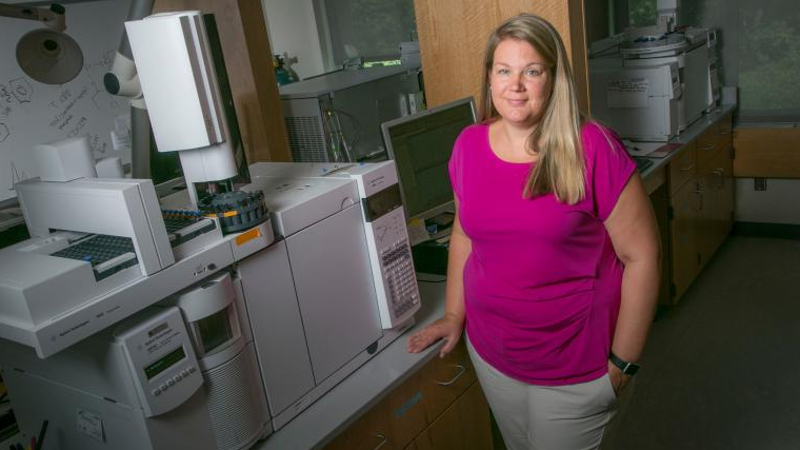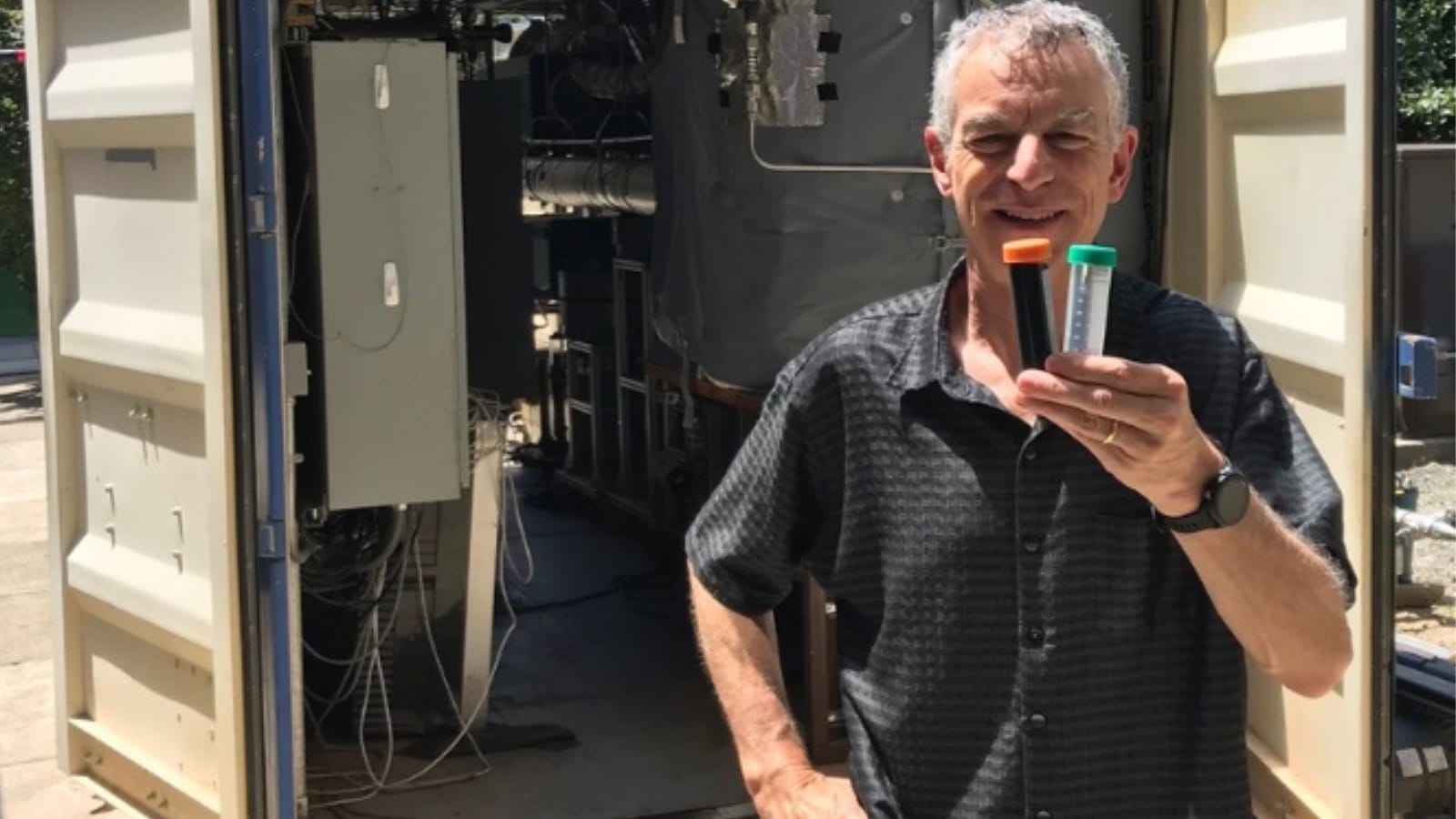
$5 Million Grant Will Fund New Laboratory for Environmental Analysis
Duke has received a five-year, $5 million grant from the National Institute of Environmental Health Sciences to develop a new environmental analysis laboratory
Learn how Lee Ferguson and other researchers across North Carolina are using a technology called mass spectrometry to protect our drinking water

Since the discovery of GenX in the Cape Fear River in 2017, Lee Ferguson, professor of civil and environmental engineering at Duke University, has been a leading figure in sussing out other PFAS compounds in water supplies across North Carolina.
PFAS constitute a class of synthetic chemicals ubiquitous in modern society due to their widespread use in industrial, commercial, and consumer products. Their persistence, which has earned them the moniker “forever chemicals,” has led to their widespread contamination of water sources, soil, and air. Accordingly, there is growing global concern over the presence of PFAS in the environment and their potentially adverse impacts on human health.
The North Carolina Collaboratory – an organization dedicated to advancing scientific research for policymaking within North Carolina – recently announced its partnership with Thermo Fisher Scientific to advance the State’s PFAS research capabilities. Supported by critical appropriations from the North Carolina General Assembly, the Collaboratory purchased five state-of-the-art mass spectrometers that continue to position North Carolina at the forefront of academic PFAS research nationally. This new partnership will build on the groundbreaking university research that has provided real-time results to communities across North Carolina and helped identify and implement solutions to address PFAS contamination.
Discover in the video above how Ferguson and other researchers in the NC PFAS Testing Network are using mass spectrometers to uncover contaminants in our drinking water.
Duke’s research in environmental health engineering addresses the consequences of society’s production and use of energy and materials, emphasizing approaches to protecting the health of human populations as well as predicting, monitoring and managing impacts on air, water and other global cycles.

Duke has received a five-year, $5 million grant from the National Institute of Environmental Health Sciences to develop a new environmental analysis laboratory

Supercritical water oxidation tech has the potential to obliterate the “forever chemicals” in our drinking water

Duke researchers implemented a water sampling campaign in rural Sri Lanka—aiming to discover origins of a cluster of chronic kidney disease